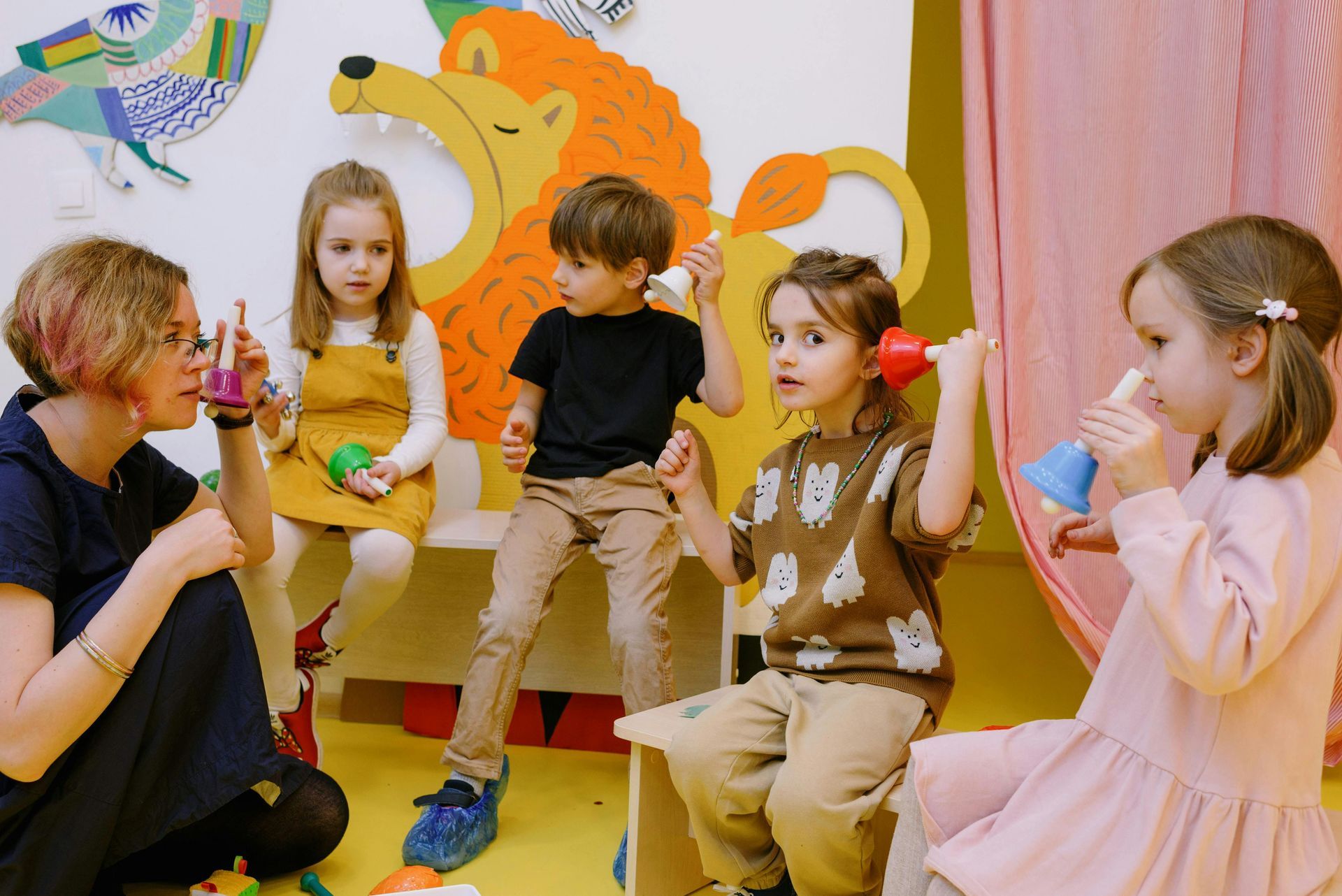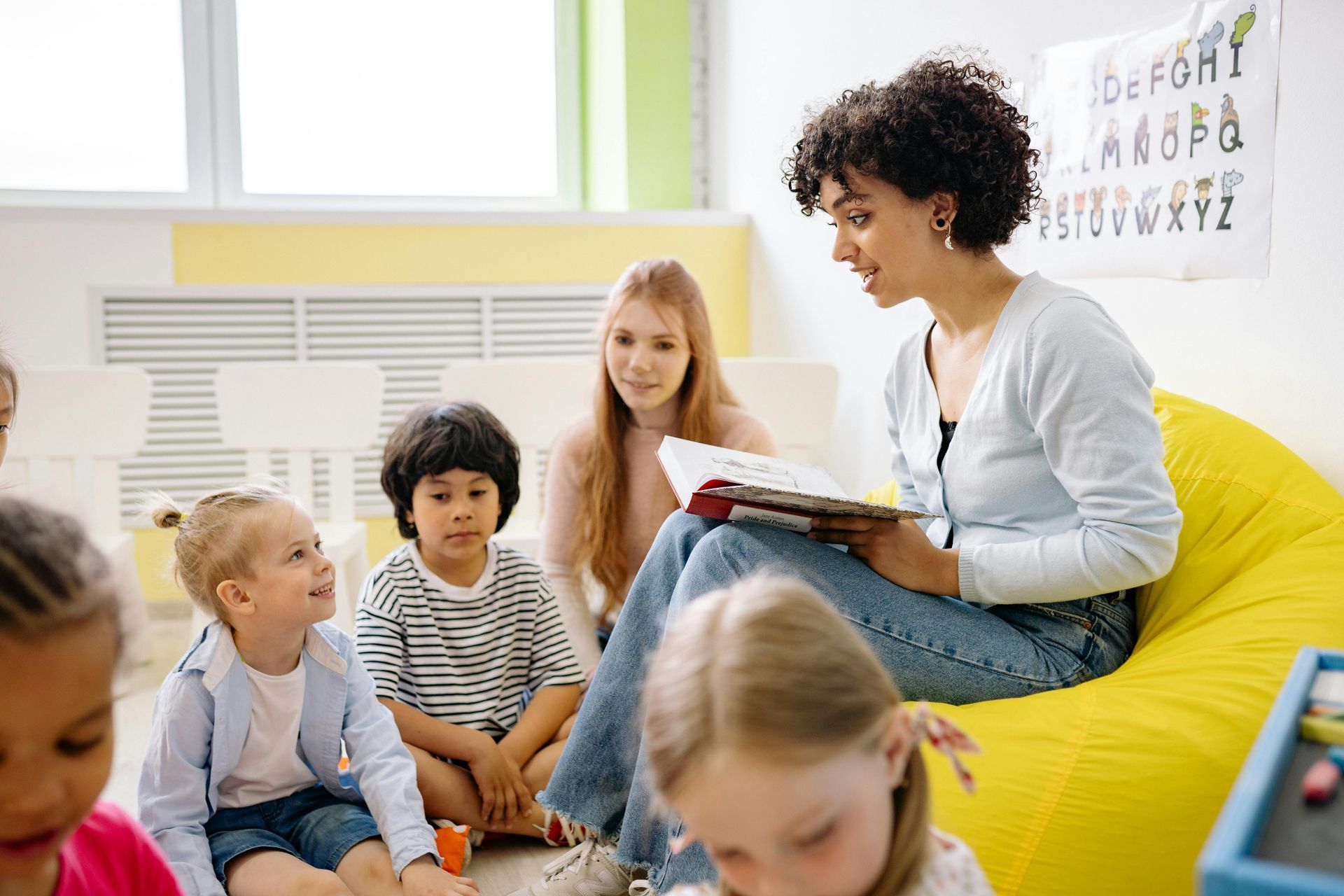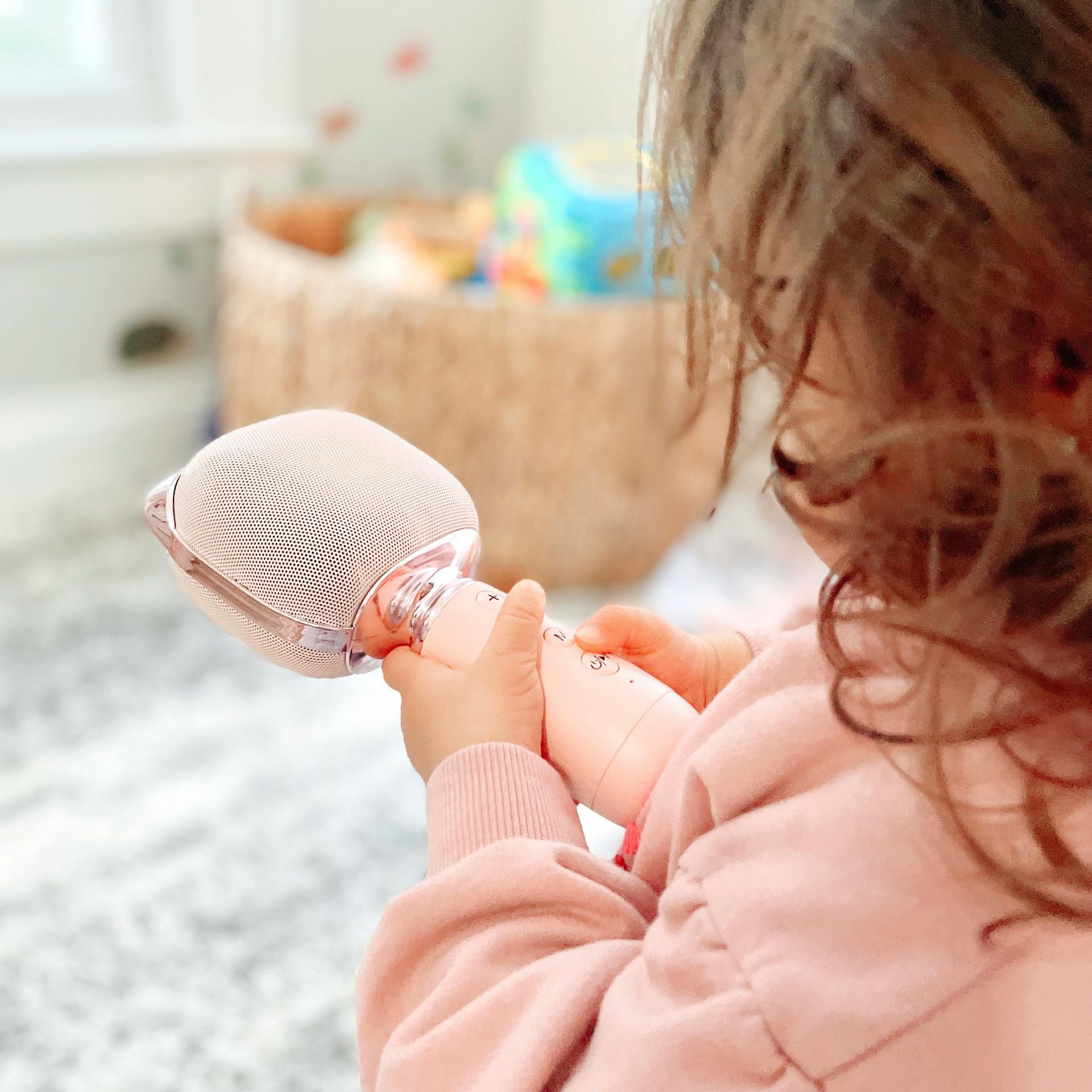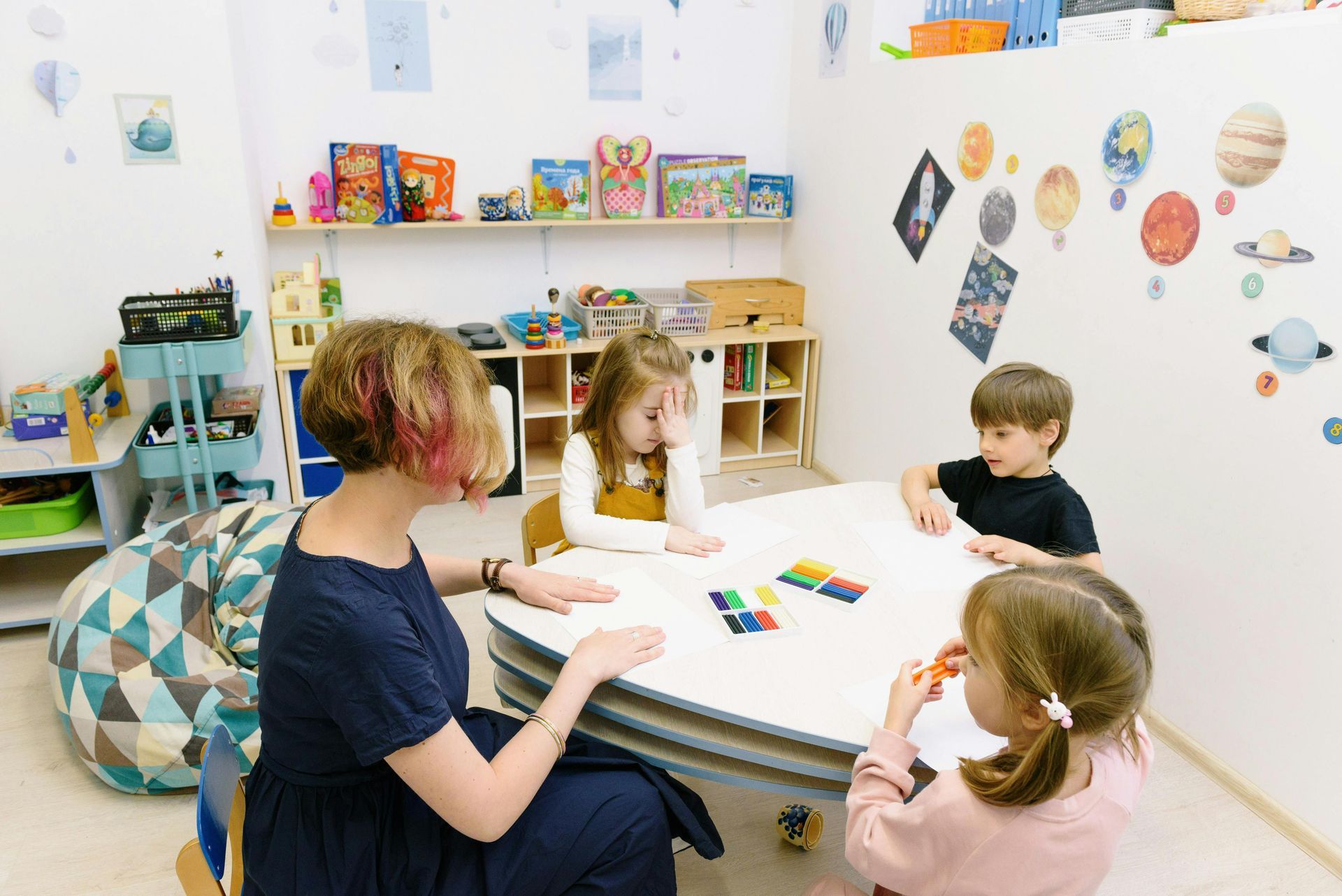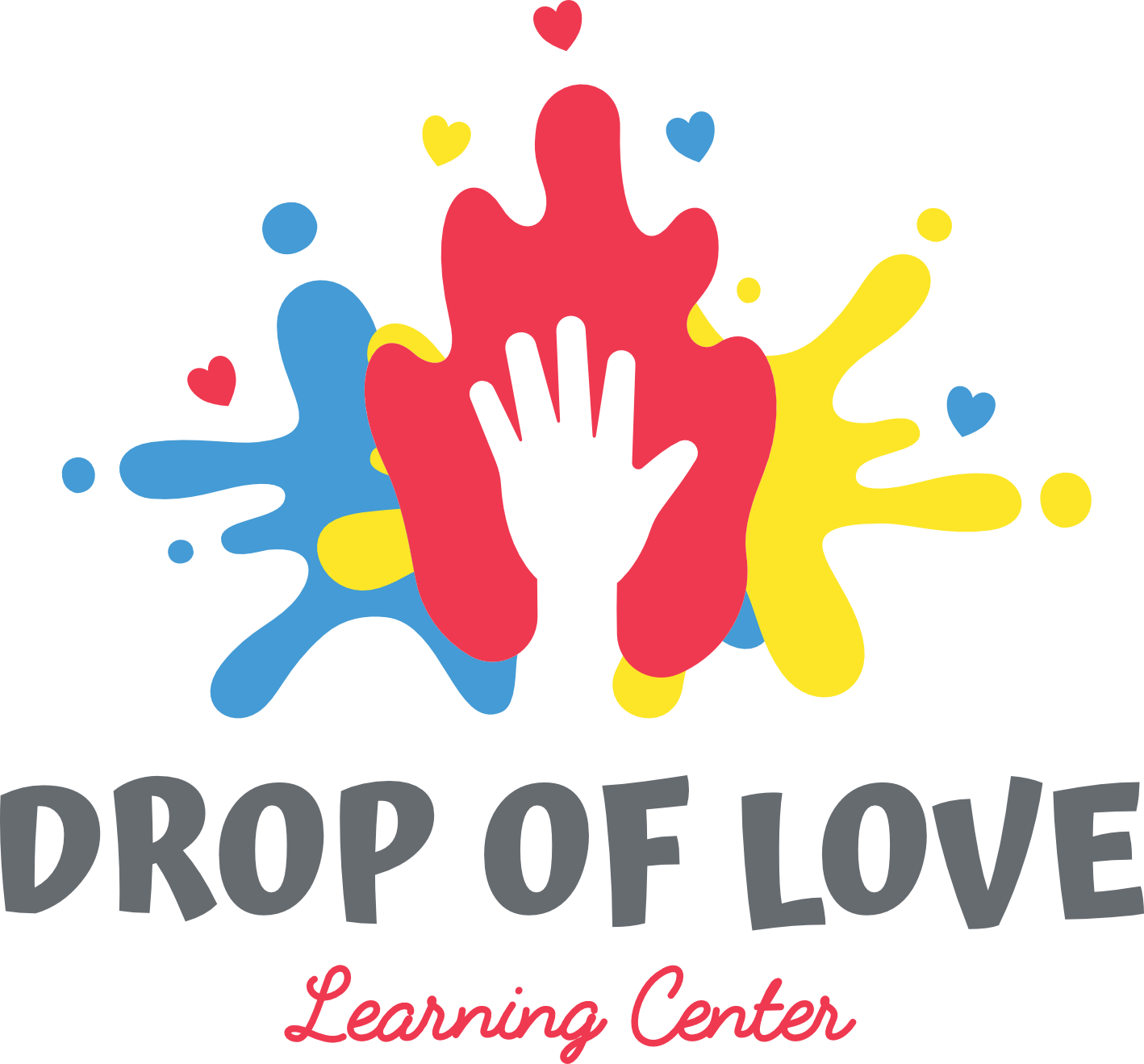The Importance of Emotional Regulation in Early Childhood: A Key to Lifelong Success

Emotional regulation is one of the most essential life skills a child can learn. As children navigate the challenges of early childhood, they encounter a range of emotions—excitement, frustration, joy, and even anger. At Drop of Love Orlando, we recognize that teaching emotional regulation is foundational to both personal growth and academic success. This blog post explores the role of emotional regulation in early childhood and how it impacts children’s well-being, behavior, and future relationships.
Understanding Emotional Regulation in Early Childhood
Emotional regulation refers to the ability to manage and respond to emotional experiences in an appropriate and controlled way. For young children, learning how to navigate intense feelings such as anger, fear, or sadness can be challenging. However, it’s a crucial skill that will benefit them for the rest of their lives. Here's why emotional regulation matters:
1. Enhances Social Skills and Peer Relationships
When children are able to regulate their emotions, they are better equipped to handle social interactions in a healthy way. Instead of acting out or becoming overwhelmed by emotions, they can engage more effectively with their peers, share their feelings, and resolve conflicts peacefully. These skills lay the foundation for building positive relationships, which are key to long-term social success.
2. Supports Cognitive Development
Emotional regulation plays an essential role in cognitive development. Children who can manage their emotions are better able to focus, pay attention, and engage in problem-solving tasks. They are less likely to be distracted by emotional distress and can participate more fully in learning experiences. In this way, emotional regulation supports both academic achievement and overall cognitive growth.
3. Encourages Self-Control and Responsibility
One of the benefits of emotional regulation is the development of self-control. Preschoolers who are taught to recognize their emotions and use strategies to manage them are more likely to exhibit self-control in other areas of their lives, including their behavior and decision-making. They learn to think before they act, which is a key life skill that contributes to greater independence and responsibility.
4. Promotes Positive Mental Health
Learning emotional regulation is closely linked to good mental health. Children who understand how to manage their emotions in a healthy way are less likely to experience issues such as anxiety, stress, and depression. Developing emotional regulation skills at an early age helps children build resilience and better cope with the challenges life throws their way.
5. Builds Confidence and Emotional Awareness
When children are able to express their emotions in a healthy way, they feel more confident in themselves and their abilities. Emotional awareness helps children understand what they’re feeling, why they’re feeling it, and how to navigate those emotions. This increased self-awareness fosters a sense of empowerment, which is critical for building emotional resilience and self-esteem.
How Drop of Love Orlando Supports Emotional Regulation
At Drop of Love Orlando, we incorporate a variety of strategies and activities into our curriculum to help children develop emotional regulation skills. Our approach is grounded in creating a supportive, nurturing environment where children feel safe to explore their emotions. Below are some of the key strategies we use:
1. Mindfulness Practices for Young Learners
Mindfulness is an excellent tool for helping children become more aware of their emotions. We introduce mindfulness exercises such as deep breathing, guided visualization, and body scanning to help children recognize their emotional states and learn how to calm down when they feel upset or overwhelmed. These practices are simple, but they have a profound impact on emotional regulation.
2. Social-Emotional Learning (SEL) Activities
We integrate Social-Emotional Learning (SEL) into daily routines, where children can learn skills like recognizing their emotions, expressing themselves appropriately, and understanding others’ feelings. SEL activities include role-playing, storytelling, and group discussions, which help children practice empathy, cooperation, and conflict resolution in a structured setting.
3. Emotion-Focused Storytelling and Books
We use age-appropriate books and stories to help children identify and understand different emotions. By reading about characters who experience various feelings and challenges, children learn how to cope with those emotions and relate them to their own experiences. Storytelling also helps children practice expressing themselves and understanding others’ perspectives.
4. Creating Calm-Down Spaces
In our classrooms, we provide designated calm-down spaces where children can go when they need to regulate their emotions. These areas are filled with calming tools such as soft pillows, sensory toys, and calming visuals. Children are encouraged to use these spaces when they feel overwhelmed, providing them with a safe place to manage their emotions.
5. Positive Reinforcement and Praise
We emphasize the importance of positive reinforcement by acknowledging when children successfully manage their emotions. Through praise and encouragement, we celebrate their efforts and teach them that they can effectively control their feelings. This builds their self-esteem and motivates them to continue practicing emotional regulation.
Discover the significance of parent-teacher collaboration in fostering a child's success by reading our blog on the role of parent-teacher collaboration in early childhood education.
Conclusion
Emotional regulation is a crucial skill that sets the stage for a child’s future success, both academically and socially. By teaching young children how to understand and manage their emotions, we empower them to become confident, resilient, and compassionate individuals. At Drop of Love Orlando, we are committed to supporting our young learners in their emotional development by providing them with the tools and strategies they need to thrive in a complex world.
By fostering emotional regulation in early childhood, we ensure that children are not only prepared for school but also equipped to handle life’s ups and downs with grace and confidence.
